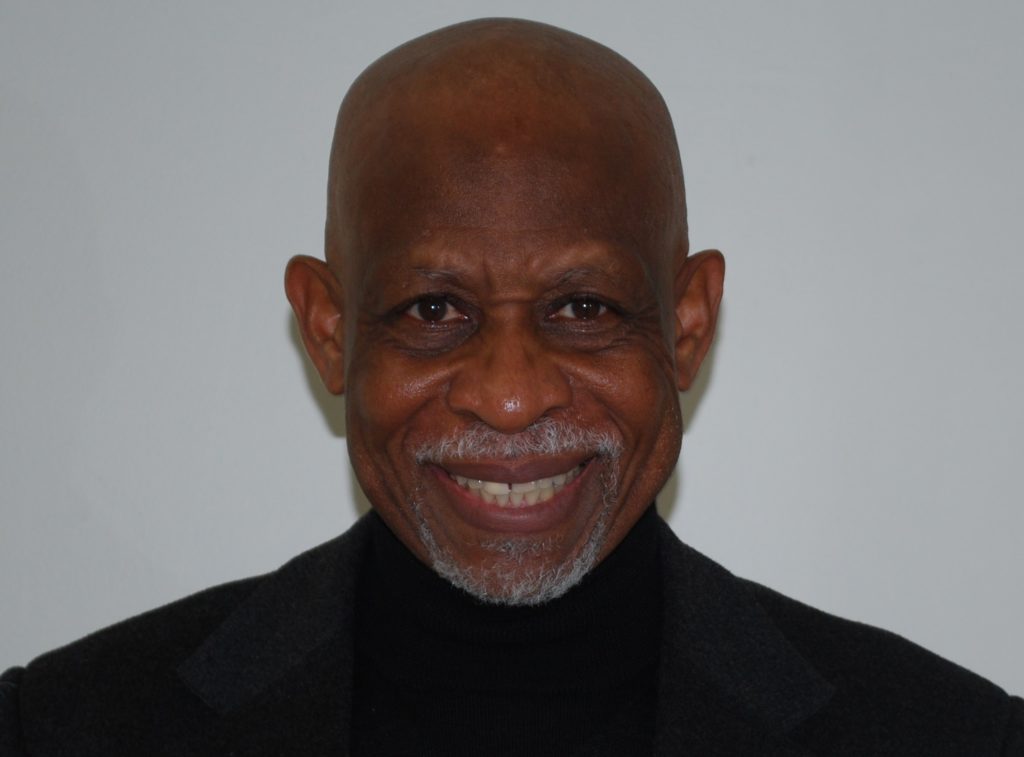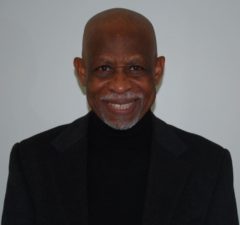FROM THE PASTOR’S HEART

OP-ED BY DR. ROBERT KENNEDY
Do you realize that one of the greatest tendencies of humanity is idolatry? Francis Bacon, the great English statesman, essayist, and philosopher of the late 16th and early 17th centuries, concluded that at least four idols arise in the minds of human beings. These idols form our worldview and impact all of our relations. His effort was to make his audience aware of them by noting how they shape and distort or corrupt our perceptions.
I will not expand on Bacon’s idols here, but I list them for anyone who does not know about his considerations and for any who would seek to investigate them further. But I argue in listing them that although Bacon would not call his concepts idols, in the way that I am thinking of idols here, that is as idolatry – idol worship, I argue that since they often reflect the things we cherish in absolute terms, they might be equated with my reference of idolatry. Here is his list:
1. The idol of the tribe. That is the human tendency to group think. Once an idea is perceived and gets into a group, it is easily idolized as if it were the truth. This is equivalent to worshiping our traditions and cultural values.
2. The idol of the cave. That is the tendency to think our enthusiasms, passions, and devotions are the most important things in the world. This is equivalent to self-worship.
3. The idol of the marketplace. That is our daily words and phrases, the jargon we use to sell the products we create. Here is where people are led to believe that products are to be cherished over people. It is equivalent to worshiping the “stars” of the culture. We use slim (sexy) girls to sell cars, for instance.
4. The idols of the theatre: That is our propensity to follow certain dogmas and not ask questions about them. We turn ideas into ideologies and worship them.
What Bacon has said might be of interest to you. Of course, I call it a great intellectual exercise, in which he only reflected on our tendencies and biases and called us to be conscious and critical. But let me lead you along the more radical path named in the Bible. The Bible notes that God is calling us to put aside our idols, not only the physical ones – the material images that are used as replacers of God, but it takes us to that which we need to cast aside, namely, THE IDOLS OF THE HEART. That is, they need to be ripped out and destroyed.
The concept of the IDOLS OF THE HEART comes from the prophet Ezekiel speaking to certain elders in Israel whom he argued had set up idols in their hearts (Ezekiel 14:3). Although they were maintaining the outward practices of true worship, they were worshiping false gods in their hearts. We could look at what those elders in Israel were doing; however, we need to see that it’s a common reality. John Calvin rightly stated that “man’s nature, so to speak, is a perpetual factory of idols.”
Thus we might say that a person can maintain all the external features of the faithful worship of God while harboring in their heart a pantheon of false gods. Jesus said that there are people who draw near to him with their mouths and honor him with their lips, but their hearts are far from him (Matthew 15:8). He also called out some of the religious leaders of his time when he said, “Broodof vipers! How can you, being evil, speak good things? For out of the abundance of the heart the mouth speaks.” (Matthew 12:34 NKJV)
My point of interest is to state that idolatry is profoundly destructive to us human beings. When we turn to idols in whatever form, we put God in a lesser place. We put our trust in our small images and think they will protect us, but then we end up with the greatest frustration, for the images are powerless and cannot help us. Bacon took note of the fantasies of our idolatries and was trying to correct them in his way. But let me offer that the Bible, that all the prophets, the apostles, and Jesus were very radical in their assessment and did all they could to help those about them and us to get rid of them.
In Deuteronomy 11, God promised Israel that He would bless them if they remembered His command to “love your God, and serve Him with all your heart and soul.” He warned them of the judgment that would come upon them if they “turn aside, serve other gods, and worship them.”
This reflection is intended to call us to do what Jacob called his family to do as they went up to Bethel, where he was to build an altar where they were to worship the true God. “So Jacob said to his household and all who were with him, ‘Get rid of the foreign gods you have with you, and purify yourselves and change your clothes.’” (Genesis 35:2 NIV).
Therefore, we must cast aside the idols of the mind, the tribe, the cave, the marketplace, the theatre, the heart or other idols not named in this reflection. The point is to get rid of all idols so that the curses they bring into our lives will be removed and that the blessings of God might come on us.


